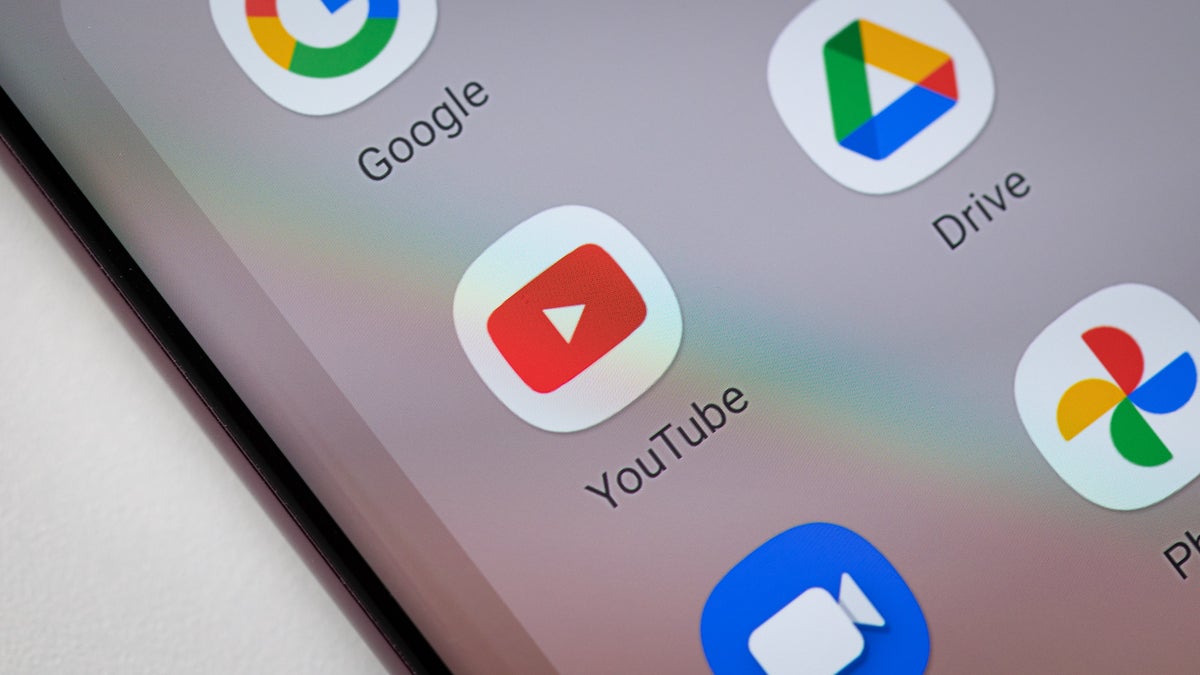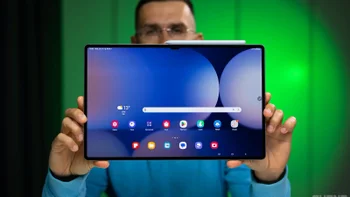YouTube switches to AV1 codec on Android for better video quality, but battery life is a concern

YouTube has recently begun encoding its videos using the AV1 codec, which promises significant improvements in video quality, especially at lower bitrates. In simpler terms, you'll be able to stream higher-quality videos without using up as much data.
As reported by Android Police, this is a welcome change for users on mobile data plans, where data usage can be a major concern. However, there's a potential downside to the switch to AV1. Because AV1 is a more complex codec than the ones that YouTube has traditionally used, it requires more processing power to decode. This could lead to increased battery drain for some users, especially those with older devices that lack hardware decoding for AV1.
It's important to note that Google isn't the first company to embrace AV1. Streaming giant Netflix has also been using AV1 for its Android app for some time now. So, the switch to AV1 is part of a larger trend in the video streaming industry.
So, what does this mean for you, the average YouTube viewer? Well, the good news is that you'll likely be able to enjoy higher-quality videos without eating into your data plan as quickly. However, if you have an older device, you might see a bit of a hit on your battery life.
Google confirms that Android is switching to @videolan's libdav1d decoder for AV1 video playback!
— Mishaal Rahman (@MishaalRahman) April 18, 2024
I first reported back in February that Google plans to roll out a Play System Update that enables libdav1d as Android's default AV1 software decoder. Yesterday, Arif Dikici,… pic.twitter.com/m0m2W20GZC
If you're concerned about battery life, there are a few things you can do. First, you can try reducing the playback quality of YouTube videos. This will reduce the amount of data that needs to be decoded, which can help to improve battery life. You can also try closing any other apps that you're not using, as this can help to free up processing power and improve battery life.
However, should you have a newer Android device with Android 12 and newer, the YouTuber switch to AV1 should be a positive change for you. You will experience significant improvements in video quality, especially if using a mobile plan, even if there is a potential for increased battery drain.
Follow us on Google News










Things that are NOT allowed:
To help keep our community safe and free from spam, we apply temporary limits to newly created accounts: